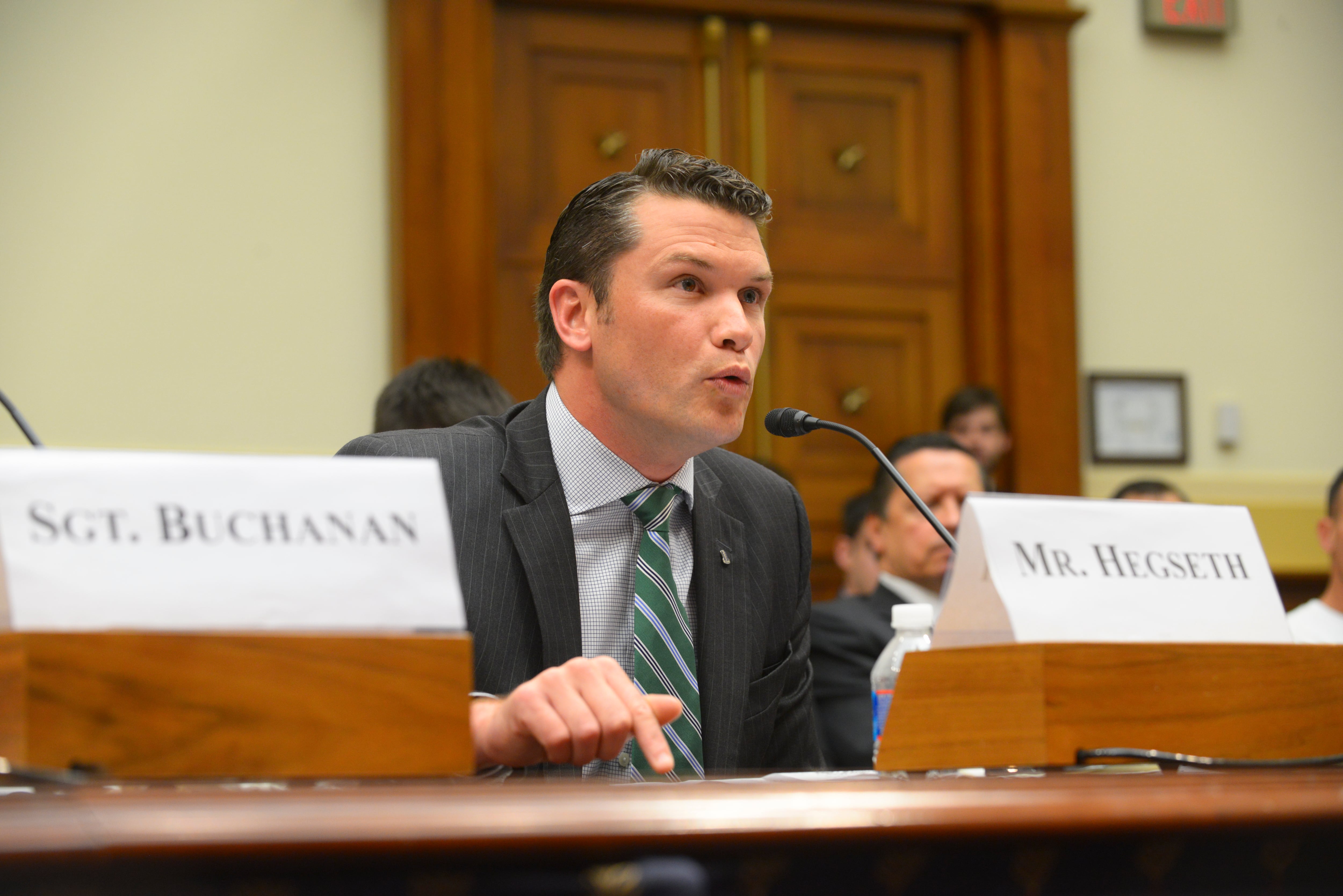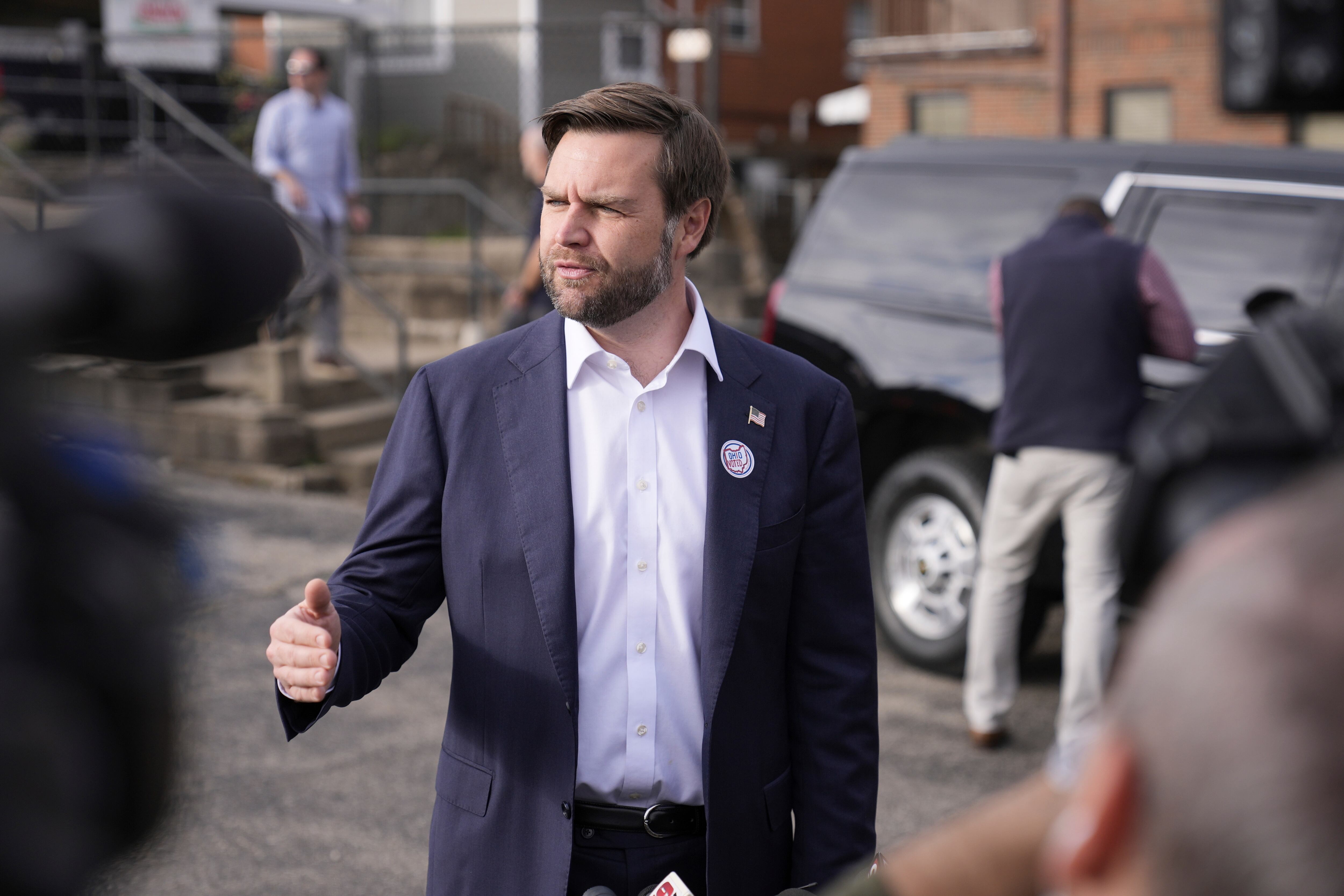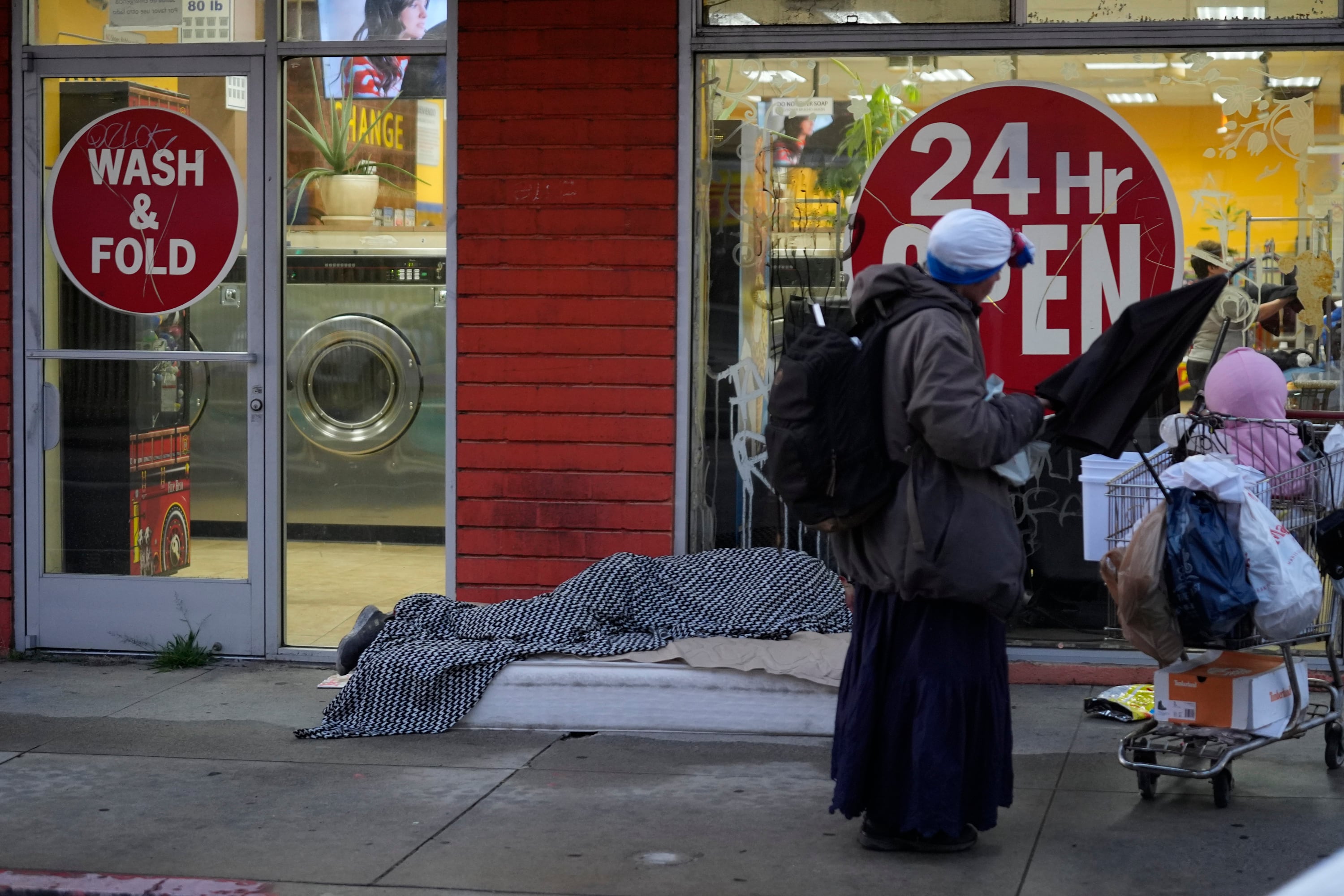More than 2.7 million veterans served in the Vietnam War. Today, only about 770,000 are still alive, according to the American War Library.
To Steve Downey, that’s 770,000 stories to be told.
“Once they’re gone, if they don’t tell their stories, their stories go with them,” said Downey, a former Army specialist and project manager for Operation Triumphus, a web platform built to compile the legacies of Vietnam veterans. “That’s why this project’s just so important, because those stories, their history, their legacy deserves to be preserved.”
Operation Triumphus, named for the triumphant return many Vietnam veterans never received and funded by the Berry Law Firm in Lincoln, Nebraska, records veterans’ stories just as they tell them.
Keeping in mind the age of veterans from the Vietnam era, Downey has designed the submission process to be as intuitive as possible. To submit a story, veterans simply need to go to Operation Triumphus’ website, create an account, and begin typing their experiences or uploading a video.
Operation Triumphus even provides guidelines for shooting good video and asking the right questions in interviews.
The platform’s mission is to preserve the experiences of servicemembers in the Vietnam War for future generations, but stories aren’t limited to battle accounts. Vietnam veterans can also submit their military experiences from basic training or time in garrison.
Once submitted, stories will be compiled by similarities like location, events, and keywords to encourage users to read multiple articles.
Downey expects the site to draw viewers of all generations, not just Vietnam veterans.
RELATED
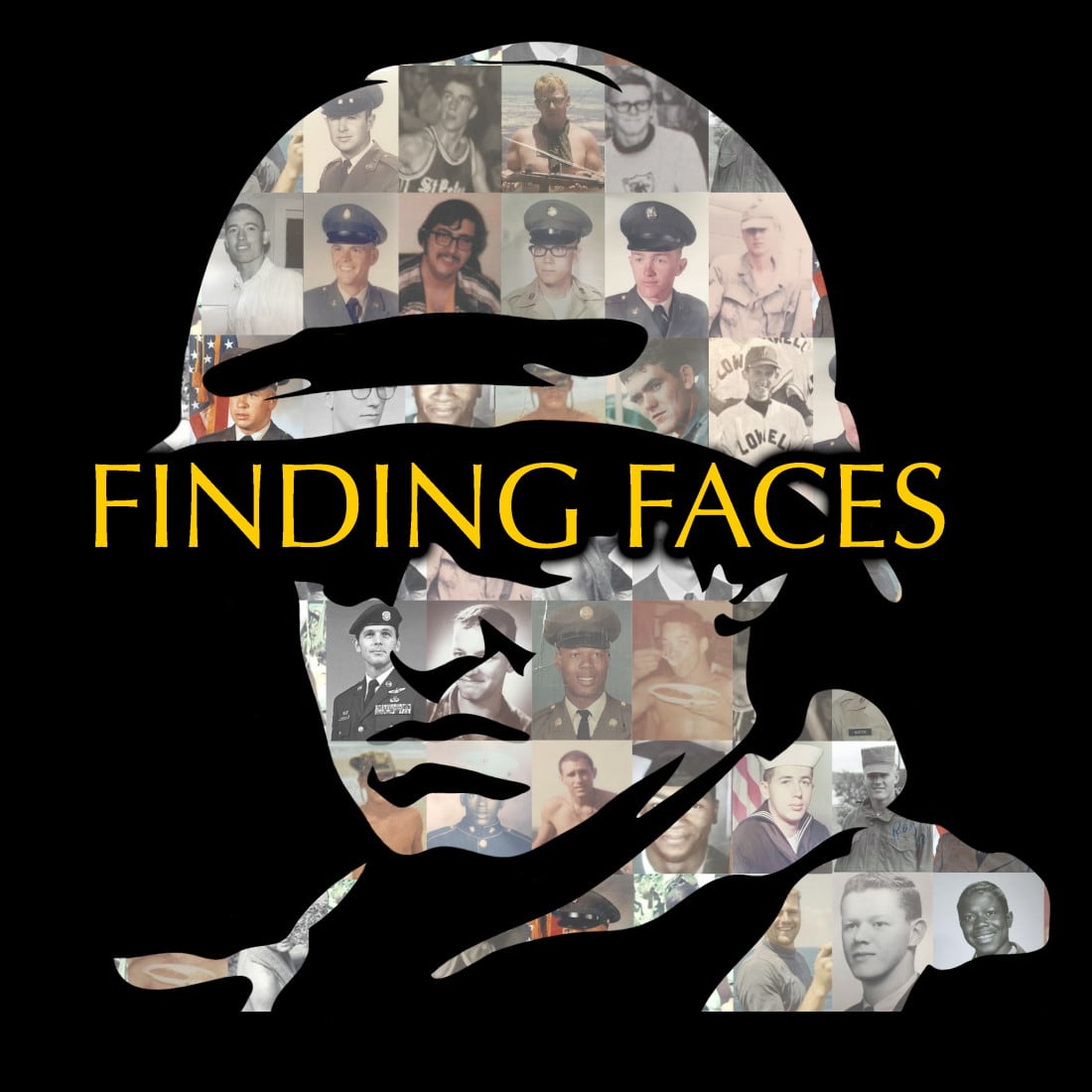
“It’s an opportunity for Iraq War and current veterans to pay tribute to Vietnam veterans,” he said.
As a former Army combat medic who served with the 10th Mountain Division in Iraq from 2006-2007, Downey knows firsthand just how valuable the support of Vietnam veterans has been for new generations of servicemembers.
While studying at the University of Akron, Ohio in 2012, he was influenced by the support of donor and Vietnam veteran Jay Mussen, who, among other initiatives, funded the construction of a lounge just for veteran students.
Downey expressed his gratitude for the encouragement and mentorship of Vietnam veterans who vowed to never let another generation of servicemembers return home without support and appreciation.
“Operation Triumphus is an opportunity to give Vietnam veterans the triumphant return and celebration they certainly didn’t get when they did return,” said Downey.
The website plans to go live with a soft launch on Apr. 15. If successful, the full launch will follow in May.
Downey’s personal goal for the site is to collect 5,000 unique pieces of user generated content by the end of the year. User generated content includes stories, videos and photographs from veterans.
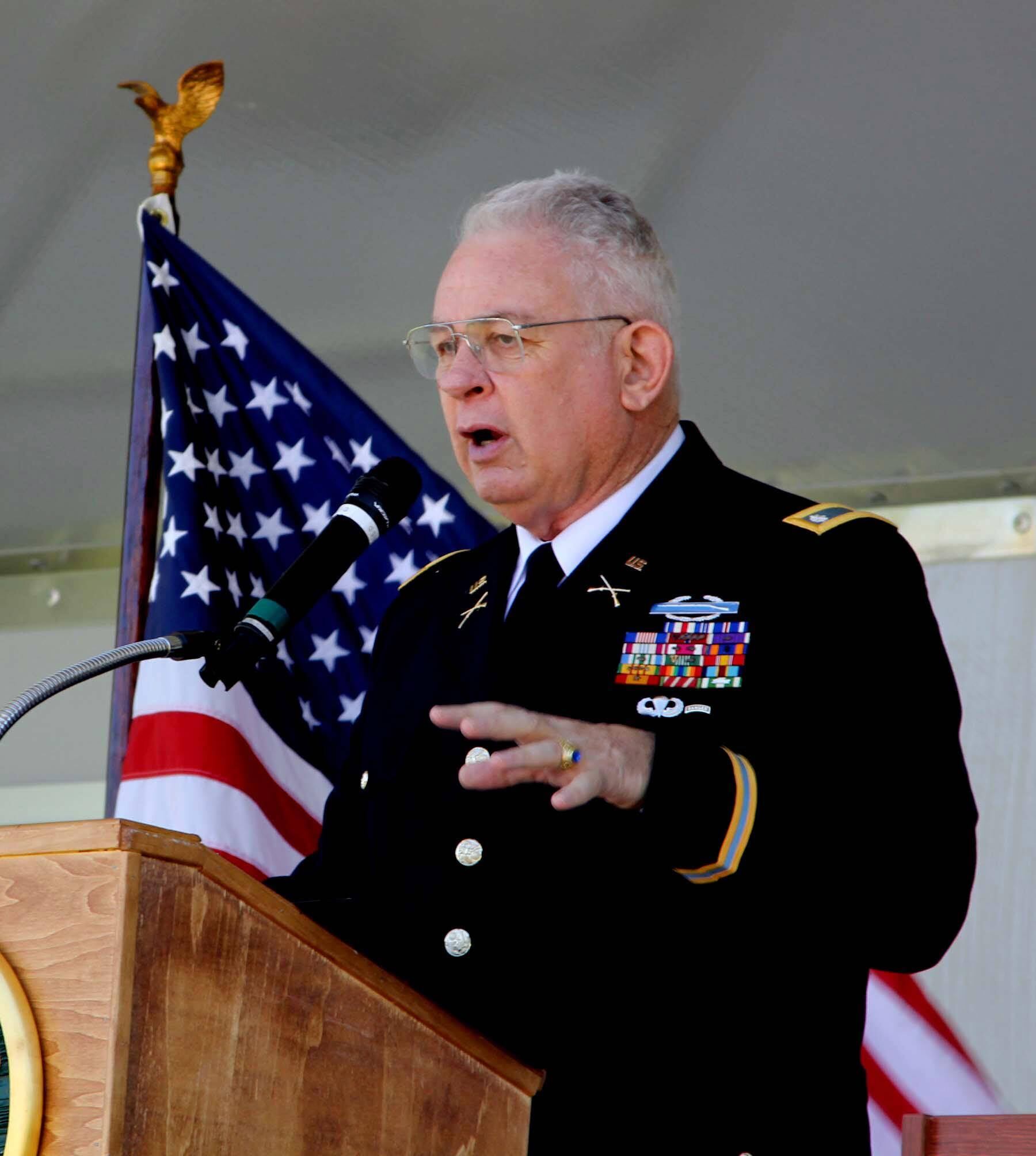
Denny Gillem is one such veteran who’s submitted his story. A retired Army lieutenant colonel, Gillem now hosts the Frontlines of Freedom talk radio show. As part of his story, the West Point grad recounted his first time taking contact as a young platoon leader in Vietnam.
I was thinking about…
the first time that I was ever shot at—in combat, of course. It was on my first tour in Vietnam as a rifle platoon leader in the 1st Infantry Division, the Big Red One. My company was moving through some thick jungle looking for an enemy basecamp. My platoon was leading the company, and we weren’t finding anything. The Company Commander (CO) called for a halt and for all platoon leaders (the company had three rifle platoons) to join him. My troops got down, established some good firing positions, and started probing out to our front, exactly what they were supposed to be doing. I was talking with the CO and the other officers when there was a huge, nearby boom and bullets were flying everywhere. We all hit the ground. Needless to say, I was afraid. The obvious thing for all of us to do was to get back to our platoons quickly. I decided to get up and run back to the platoon, but after I got up on my knees and got my right foot out in front of me, I just couldn’t get my left leg and foot to move so I could stand up. This was likely a response to the fear that was running through me—along with adrenalin. So, I ran on one foot and one knee; that was the best I could do. After a dozen or so steps my left foot decided to cooperate, and I went the rest of the way on two feet. I’ll bet I was one funny looking second lieutenant as I began my run, but no one was laughing.
It turns out that when the CO told us to stop, my platoon was just a few yards from the enemy base camp we were looking for, and the probing my guys were doing found them. They were as surprised as we were, and there were a lot more of them than we expected. My platoon kept them engaged and covered the rest of the company while they moved away; then we fell back under fire. Then we worked the area over with artillery and air strikes. I’m glad we didn’t have smartphones back then; someone would have filmed me waddling back to my platoon.
As the platform’s launch date approaches, Downey encourages any and all Vietnam veterans to submit their own stories.
“If you’re a Vietnam veteran or a family member with a story, we’d love to preserve that. If you’re a veterans organization that’s interested in supporting this project and helping preserve these legacies, we’d love to work with you,” said Downey.
Harm Venhuizen is an editorial intern at Military Times. He is studying political science and philosophy at Calvin University, where he's also in the Army ROTC program.

